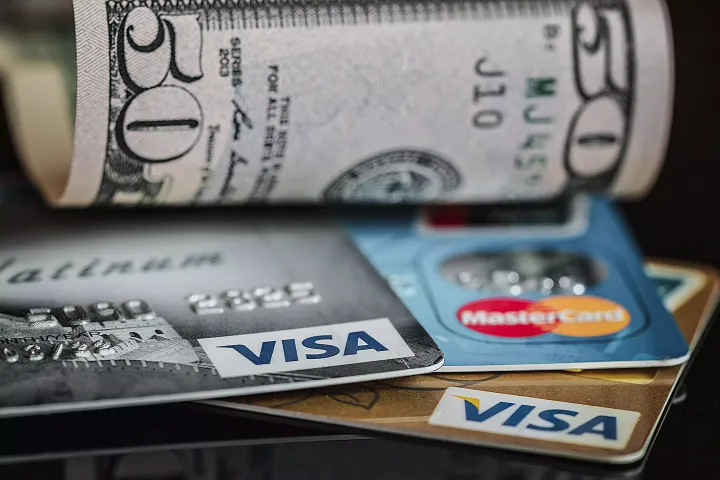Parking Cash
Where to park cash—ideally OPM, of course

Please read our disclaimer, especially our FTC Affiliate Disclaimer and Financial Advice Disclaimer.
A consolidation of several emails/posts shared with friends who needed ideas for handling short-term cash, whether for an emergency fund, a down payment, or other non-investment purpose. Rates accurate as of 20 February 2024.
- Consider the Ally 14-month Select CD, 4.65% APY, assuming you probably don’t need to touch the money for at least 14 months.
- Bankrate can help you find the best rates; right now (February 2024) the highest for savings/money market are around ~5.30%, but that includes some banks I’m not sure about. The going rate for banks I’m comfortable with is in the 4.25–4.35% range.
- Discover Bank is paying 4.20% for > $100,000 in a money market (4.15% < $100,000) and 4.90% for a 12-month CD, with no fees. They are also a solid bank for general purposes if you need to replace any of the banks I do not recommend for deposit products. (The banks I do not recommend for deposit products include Bank of America, Capital One, Citi, Fifth Third, Goldman Sachs, Huntington, HSBC, PNC, TD Bank, Wells Fargo, and others. Maybe at some point I will make a comprehensive list of banks I don’t like, and why!)
- I’ve had luck with a few other banks, too (American Express Bank, KeyBank, U.S. Bank, and UMB, for example), but Discover seems the most conservative and straight-forward overall, not counting smaller banks. (Note: As of 20 February 2024, a merger with Capital One is pending, which may mean Discover will be off the list.)
- You could also buy money market mutual funds, Treasury funds, etc.; but none of them have much advantage interest-wise, and they introduce a bit more risk in other ways. (I find Treasuries good for the bond portion of a portfolio, but for not much else.)
- An alternative approach is to invest in dividend funds, but that is introducing even more risk, thus not recommended unless you can tolerate significant losses and/or have a longer time-frame before you need the cash. As an example, here is a portfolio in three dividend ETFs, showing how they performed from 2018-2020. In that example, the average annual return was 9.61%, and volatility was not terrible, but there was one year where it lost 4.62%, and another where it gained 27.08%—so potentially not the greatest situation, unless you know you can stomach temporarily losing a portion of the money. Over a longer period, a similar portfolio averaged 14.18% annually. (But remember the adage.)
Please read our disclaimer, especially our FTC Affiliate Disclaimer and Financial Advice Disclaimer.



 Support Us
Support Us
Comments ()